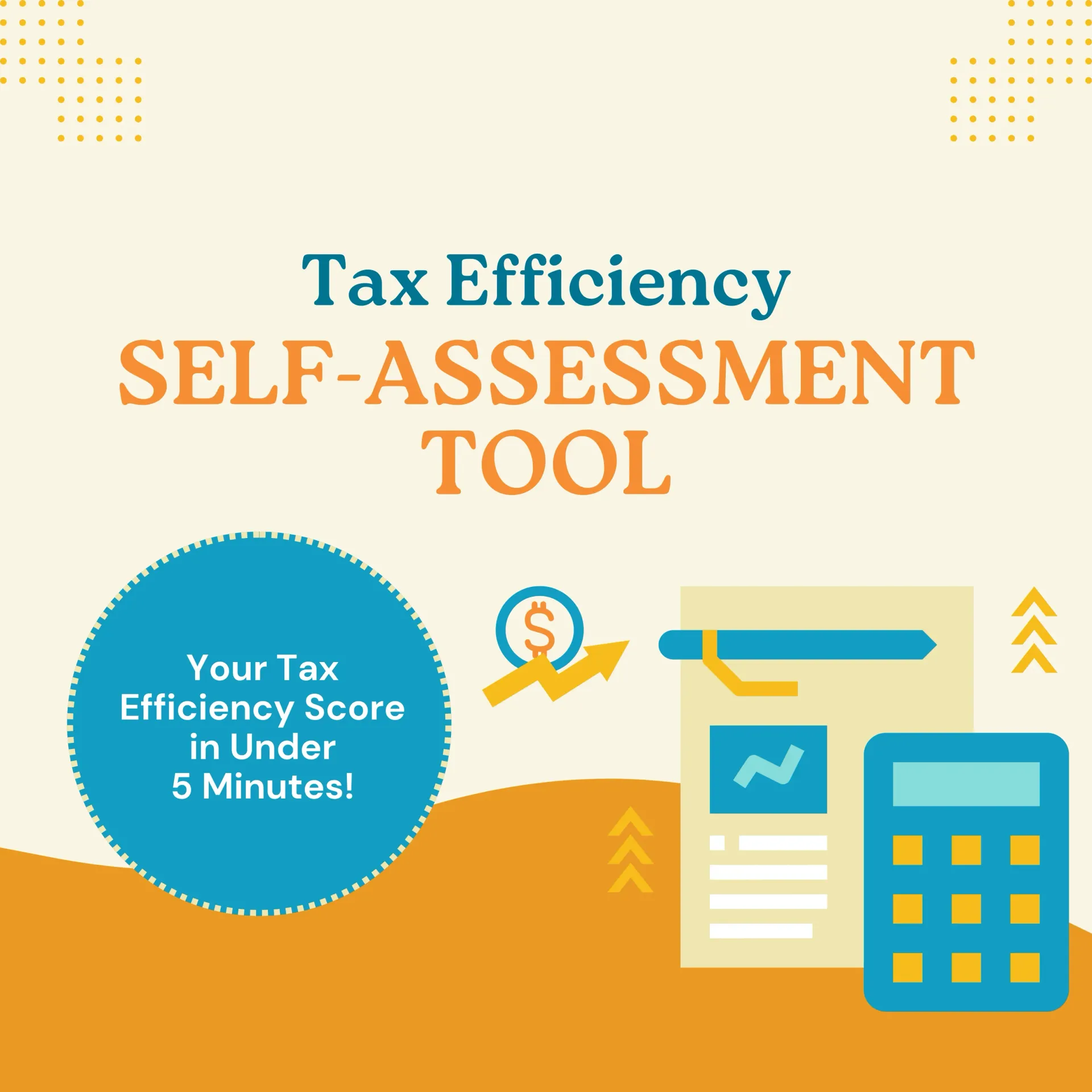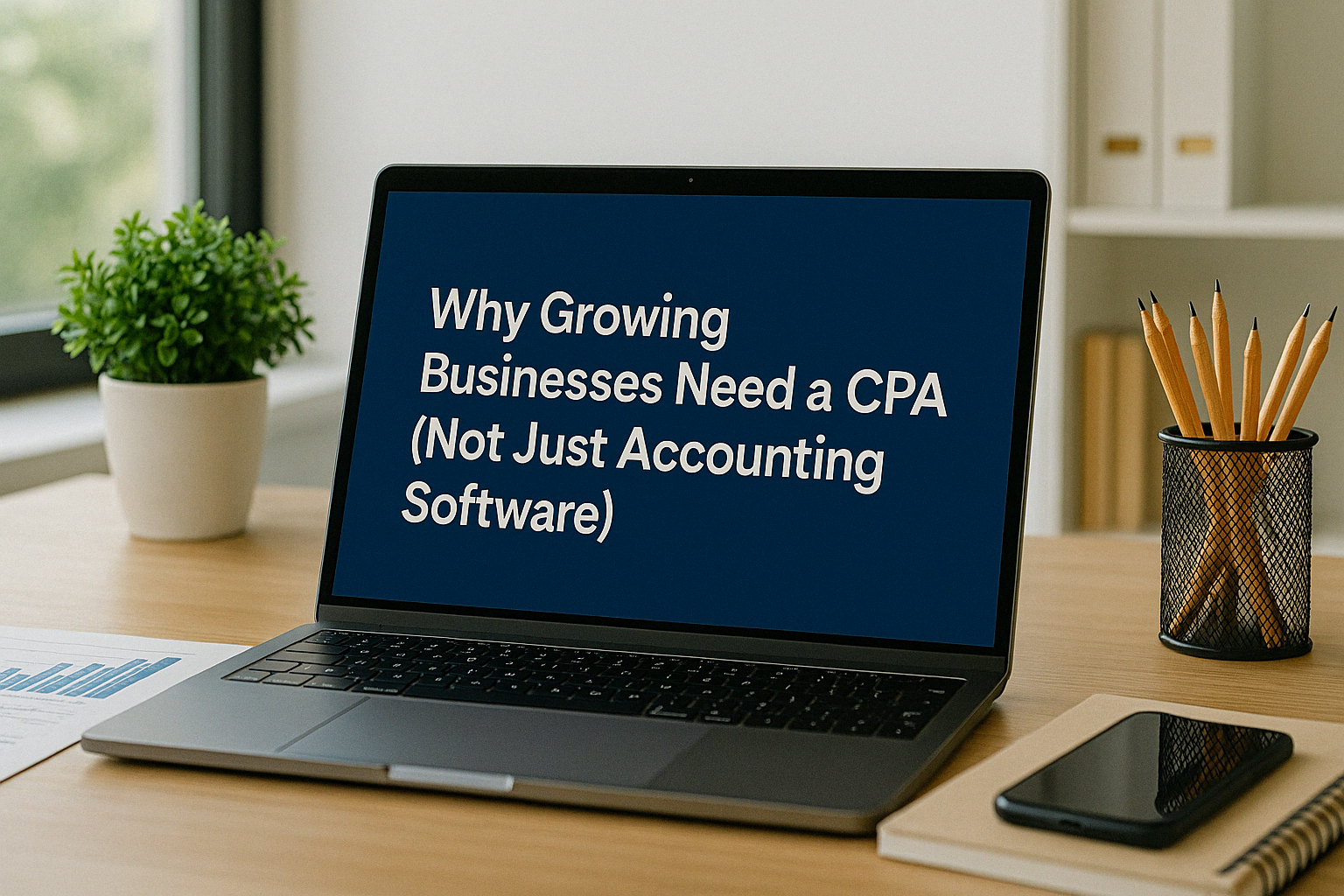Effective Strategies for Managing Business Debt

Advice on managing and reducing business debt from a financial and tax perspective.
Running a business is like riding a rollercoaster - thrilling, but sometimes it can make your stomach churn, especially when it comes to debt. As a
CPA who's seen businesses through thick and thin, I've learned a thing or two about keeping those financial wheels turning smoothly. Let's dive into some real-world strategies for managing business debt that won't put you to sleep.
Get Real with Your Finances
First things off, you've got to take a good, hard look at your numbers. I'm talking about rolling up your sleeves and digging into your cash flow, profit margins, and overall financial health. It's like giving your business a full-body check-up. Trust me, I've seen too many business owners who think they can wing it, only to find themselves in hot water later.
Once, I worked with a client who swore their business was doing fine until we sat down and crunched the numbers. Turns out, they were bleeding money in areas they hadn't even noticed. By the end of our analysis, we had a clear picture of where to cut costs and boost revenue. It was a game-changer for them.
Play Nice with Your Creditors
Now, let's talk about those folks you owe money to. It might feel scary, but reaching out to your creditors can be a smart move. I've seen businesses turn things around just by having an honest conversation with their lenders. You'd be surprised how often you can negotiate better terms or lower interest rates.
Remember, creditors want to get paid, and they'd rather work with you than see you go under. So put on your negotiating hat and give it a shot. What's the worst that could happen? They say no, and you're right back where you started.
Debt Consolidation: Friend or Foe?
Consolidating your debts can be like herding cats into one convenient pen. It can simplify your life and potentially save you some cash on interest. But here's the kicker - you've got to read the fine print. I've seen businesses jump at consolidation offers only to find themselves in a worse position down the road.
Do your homework, shop around, and make sure the terms align with your long-term goals. And for Pete's sake, don't fall for those too-good-to-be-true offers. If it sounds like magic, it probably is - and not the good kind.
Trim the Fat (But Don't Cut Muscle)
Looking for places to cut costs is like going on a diet for your business. You want to trim the fat without losing the muscle. Take a good look at your operations. Are there subscriptions you're not using? Suppliers you could negotiate better deals with? Maybe it's time to say goodbye to that fancy coffee machine in the break room (sorry, team).
But remember, don't go overboard. I once had a client who cut their marketing budget to zero in an attempt to save money. Guess what happened? Their sales plummeted. Sometimes you have to spend money to make money.
Show Me the Money (New Revenue Streams)
Speaking of making money, have you thought about new ways to bring in cash? It could be as simple as offering a new service or targeting a different market. I worked with a local bakery that started offering online cooking classes during the pandemic. Not only did it help them stay afloat, but it became a whole new revenue stream even after things went back to normal.
Get creative. Think about what your customers need and how you can provide it. Sometimes the best ideas come from the most unexpected places.
Tax Tricks of the Trade
Now, let's talk taxes. I know, I know, everyone's favorite topic, right? But hear me out. There are ways to use the tax code to your advantage when managing debt. For instance, did you know that interest on business loans is often tax-deductible? It's like Uncle Sam giving you a little pat on the back for being in debt (okay, maybe that's stretching it).
But seriously, there are strategies you can use to optimize your tax situation while managing debt. Just make sure you're working with a pro who knows their stuff. The tax code is complicated, and the last thing you want is to get on the IRS's bad side.
Rainy Day Fund: Not Just for Rainy Days
Here's something I preach to all my clients: set up a contingency fund. It's like an umbrella - you hope you won't need it, but you're sure glad you have it when it starts pouring. Even if you're in debt, try to squirrel away a little bit each month. It might seem counterintuitive, but having that safety net can keep you from falling deeper into debt when unexpected expenses pop up.
Don't Go It Alone
Last but not least, don't be afraid to ask for help. Managing business debt can feel overwhelming, but you don't have to do it alone. Whether it's a financial advisor, an accountant, or a fellow business owner who's been there, done that - reach out. Sometimes an outside perspective can make all the difference.
Remember, every business faces challenges. It's how you handle them that sets you apart. With the right strategies and a bit of perseverance, you can navigate your way through debt and come out stronger on the other side. Now, let's roll up those sleeves and get to work!
Discover Your Tax Savings Score in Minutes!


Salim is a straight-talking CPA with 30+ years of entrepreneurial and accounting experience. His professional background includes experience as a former Chief Financial Officer and, for the last twenty-five years, as a serial 7-Figure entrepreneur.




